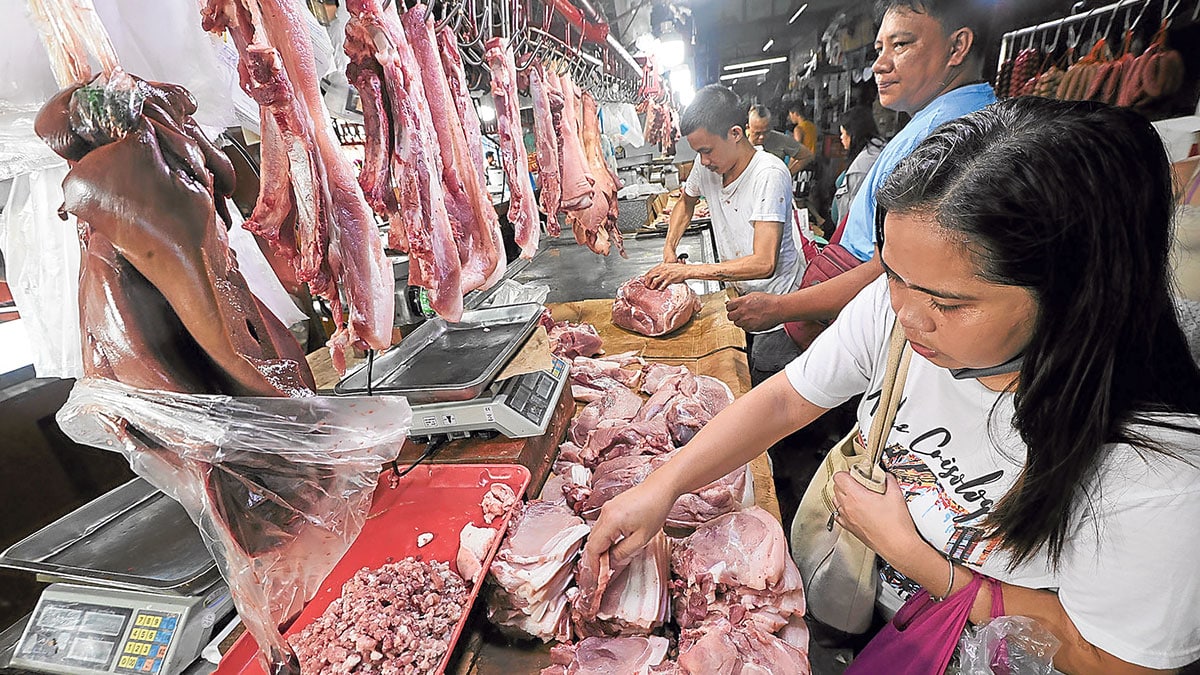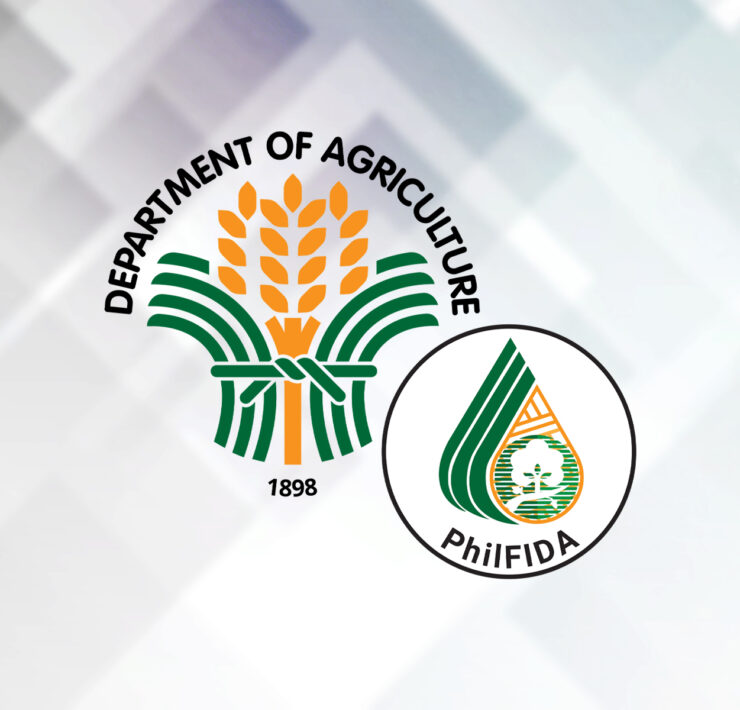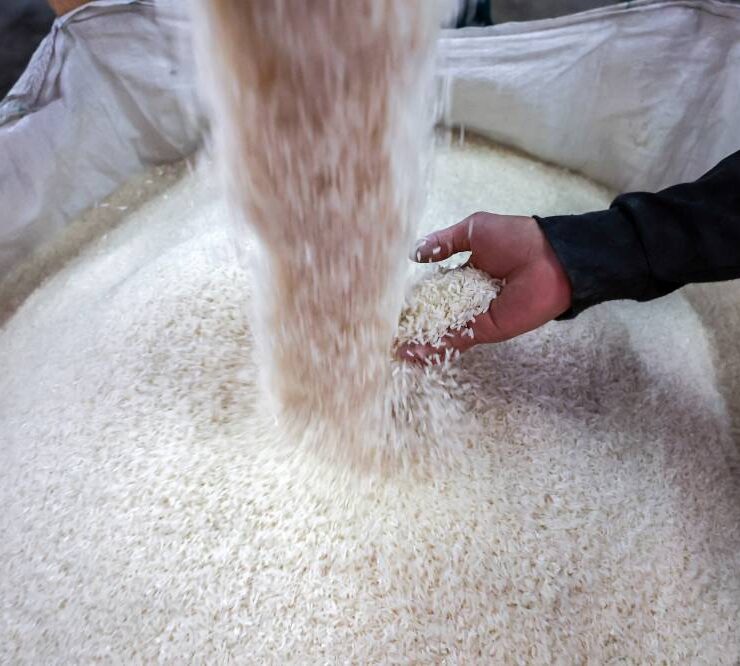Importers warn of fewer meat shipments

A group of importers warned of a decline in overseas meat purchases if the government will dilly-dally on the new quota for shipments.
With local industries continuing to grapple with African swine fever and high input costs, supplies available to consumers may take a hit with fewer imports.
“The DA (Department of Agriculture) has been delaying the release of the new quota. At the same time, [the Bureau of] Customs has been targeting higher revenues via high valuations,” Meat Importers and Traders Association (Mita) president emeritus Jesus Cham said in a message.
“We will see the effects in the coming months,” he added, noting: “That is the concern.”
Data from the Bureau of Animal Industry (BAI) showed that meat imports stood at 237.68 million kilograms in the January to February period, a 33.7-percent increase from 177.81 million kg in the same period last year.
Pork most imported
The BAI data also showed that pork still cornered more than half of the overall volume, with a share of 52.2 percent. Chicken was second with 32.5 percent, while beef was a distant third with 13.6 percent.
Despite the year-on-year increase, the Mita official pointed out that the volume of meat imports declined significantly on a monthly basis.
In February alone, traders brought in 99.68 million kg of imported meat, dropping by 27.8 percent from 137.999 million kg a month ago.
Brazil, which expressed its readiness to expand its offering of agricultural products to the Philippines, still dominates the market with a 42.6-percent share.
The United States settled at second with 14.3 percent and Spain with 11.4 percent.
Per Executive Order No. 62, the tariff on swine, fresh, chilled or frozen meat bound for the archipelago was retained at 15 percent if within import quota and 25 percent for out-quota shipment.
The import duty on mechanically deboned or separated meat of chicken and turkey was set at 5 percent.
The DA said earlier it was revamping a 30-year policy that kept tariffs on pork low as “a small number of accredited importers” have been exploiting the system.
Agriculture Secretary Francisco Tiu Laurel Jr. said the DA’s Policy and Planning Office was “already on the job” and should finish revisions on the minimum access volume (MAV) rules by October.
“I found a lot of room for improvement. So, we have to revise the MAV,” he added.
As defined by the World Trade Organization, MAV is a trade mechanism that allows governments to import specific quantities of agricultural products into a country at reduced tariffs.





















